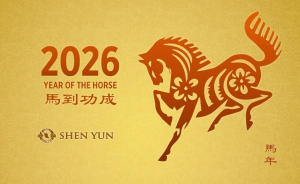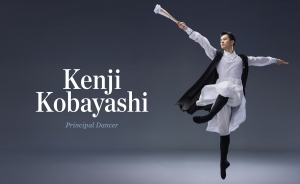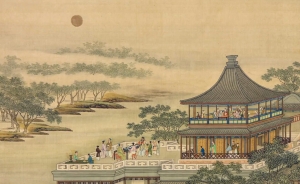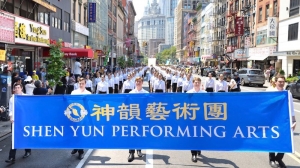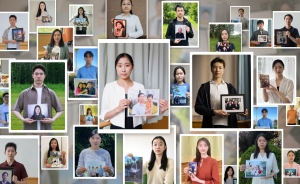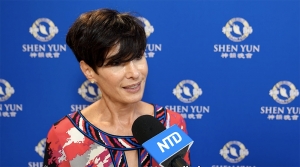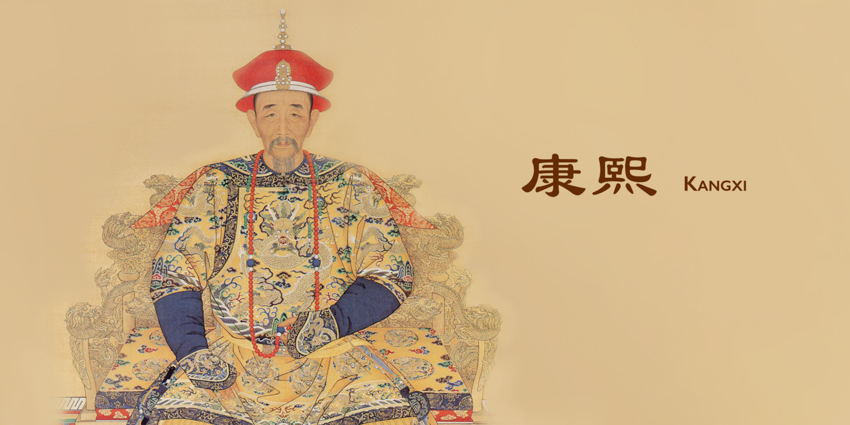
Great Dads: How Emperor Kangxi Raised His Children
How do you raise 56 children?
The Qing Dynasty’s Emperor Kangxi (1654-1722) is considered one of China’s greatest. The longest reigning emperor in Chinese history, he was a tireless worker, an inventor, and a writer who cared deeply for his people. China flourished under his reign, and the empire enjoyed a period of prosperity and stability.
He also had, thanks to his empresses and consorts, 56 children.
Kangxi took education very seriously and made sure his many children and grandchildren were raised properly.
His children were brought up under strict discipline, and were schooled in a classroom called “The Room of No Leisure.”
On long summer days, the children’s lessons began at 5 a.m. First, the teachers would arrive and check their homework. The children would then continue their lessons until 7 a.m. That is when the emperor, who had already been up and working for a few hours himself, would arrive.
He would randomly select a passage from a book for the children to recite from memory. And he challenged them to recite it perfectly. “When I was young,” Kangxi said, “I would read a book aloud 120 times, and recite it 120 times afterwards. It was not until I memorized each paragraph that I moved on to the next paragraph. I learned the lessons paragraph by paragraph.”
At 9 a.m., Kangxi would leave to attend to state affairs and his children would then practice calligraphy until lunch. After lunch, they were taught horseback riding and archery in the courtyard.
Even on busy days, Kangxi would rejoin them at 5 p.m. and watch his children one by one shoot arrows. He would also shoot targets with them (he was a splendid archer).
Indeed, outside the classroom Kangxi often taught his children by example. He took them along on hunting expeditions, inspection rounds, and even to battlefields. He believed hands-on experience was just as important as classroom theory.
Kangxi was a firm believer in education, not only for his children, but for the entire empire. He commissioned the publication of a dictionary and encyclopedia, and committed to lifelong learning himself, even engaging Westerners as personal tutors.
While his children may not have always enjoyed the strict educational discipline, they grew up to be very talented and successful. They became emperor, politicians, scholars, scientists, and artists at the height of imperial China’s final dynasty.


